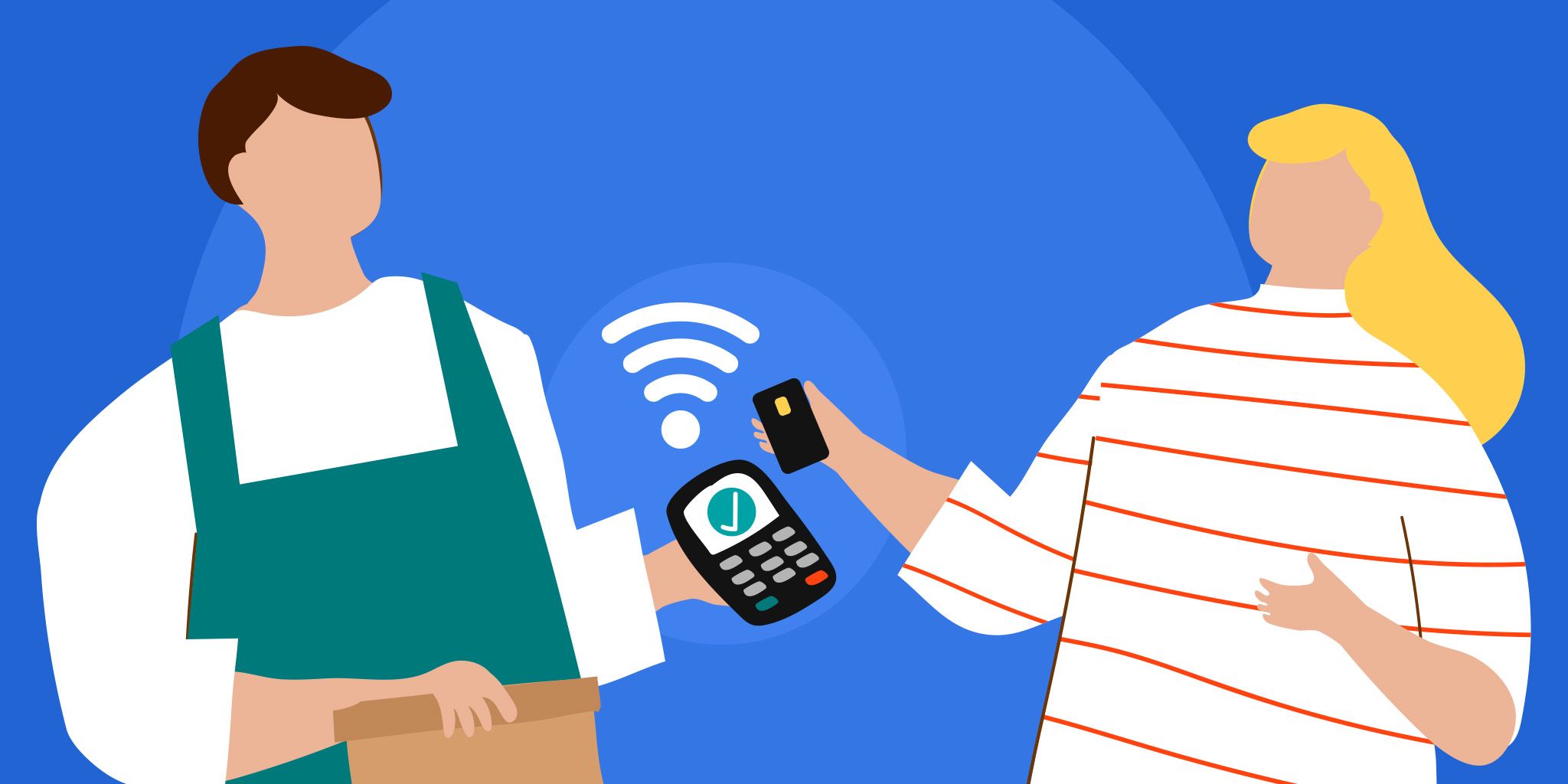How IoT and Retail are Shaping the Future
How IoT and Retail are Shaping the Future
- Last Updated: December 2, 2024
KORE
- Last Updated: December 2, 2024



The Internet of Things (IoT) is weaving its technological magic across various industries, with retail experiencing some of the most transformative effects. IoT is revolutionizing retail like never before, from enhancing customer experiences to streamlining inventory management, optimizing supply chains, and boosting security. Dive into this exploration of how IoT is reshaping the retail landscape, uncovering its myriad benefits, challenges, and exciting trends on the horizon.
What is IoT in Retail?
IoT in retail refers to a network of interconnected devices that communicate and exchange data to optimize retail operations. Picture smart shelves, RFID tags, customer engagement tools, and advanced security systems all working in harmony. The growing significance of IoT in retail lies in its ability to deliver real-time data, streamline processes, and craft personalized shopping experiences.
IoT Applications in Retail
Inventory Management
IoT has revolutionized inventory management in retail. RFID technology offers retailers the power to track and manage inventory with unprecedented accuracy and efficiency. Real-time inventory updates reduce out-of-stock situations, ensuring customers always find what they need on the shelves.
Customer Experience Enhancement
IoT enhances customer experiences by providing personalized shopping journeys. Imagine smart shelves and interactive displays recommending products based on customer preferences and past purchases. Additionally, IoT-powered chatbots offer instant assistance, resolving queries with speed and precision, and enhancing overall customer service.
Supply Chain Optimization
IoT optimizes supply chains by enabling real-time tracking of shipments and logistics. This reduces waste, enhances sustainability, and ensures timely deliveries. IoT also facilitates better inventory management across the supply chain, leading to significant cost savings and increased efficiency.
Security and Loss Prevention
Retailers leverage IoT-enabled surveillance and security systems to bolster store security and prevent theft and fraud. These systems offer real-time monitoring and alert store personnel to suspicious activities, enhancing overall safety and security.
Benefits of IoT in Retail
Increased Efficiency
IoT streamlines various retail operations, boosting efficiency. Automated inventory management, real-time data analytics, and optimized supply chains reduce manual labor and minimize errors, resulting in smoother operations.
Enhanced Customer Engagement
IoT technologies empower retailers to offer personalized and engaging shopping experiences. By leveraging data from connected devices, retailers can tailor their marketing strategies and provide targeted promotions, increasing customer satisfaction and loyalty.
Data-Driven Decision-Making
IoT provides retailers with valuable insights through data analytics. This data-driven approach helps retailers make informed decisions, optimize operations, and identify new business opportunities, ensuring they stay ahead in the competitive market.
Cost Reduction
IoT helps retailers slash costs by improving inventory management, optimizing supply chains, and automating various processes. These efficiencies lead to significant savings in labor, logistics, and operational expenses.
Competitive Advantage
Adopting IoT technologies gives retailers a competitive edge by enabling them to offer superior customer experiences, improve operational efficiency, and stay ahead of market trends.
Challenges and Concerns
Data Privacy and Security
A primary concern with IoT in retail is data privacy and security. With vast amounts of data being collected and transmitted, there is a risk of data breaches and unauthorized access. Retailers must implement robust security measures to protect sensitive customer information and maintain trust.
Initial Implementation Costs
The initial cost of implementing IoT technologies can be steep, posing a challenge for smaller retailers. However, the long-term benefits and cost savings often outweigh the initial investment, making it a worthwhile endeavor.
Employee Training
Integrating IoT technologies requires proper employee training to ensure seamless operation. Retailers need to invest in training programs to equip their staff with the necessary skills to manage and utilize IoT devices effectively.
Integration with Legacy Systems
Integrating IoT technologies with existing legacy systems can be challenging. Retailers need to ensure compatibility and seamless integration to avoid disruptions and maximize the benefits of IoT.
The Future of IoT in Retail
The future of IoT in retail looks bright, with several emerging trends and technologies set to revolutionize the industry. Augmented reality (AR) and virtual reality (VR) are expected to play significant roles in enhancing customer experiences. IoT-powered drones and robots could automate various retail operations, from inventory management to deliveries, pushing the boundaries of what's possible.
In the next decade, IoT is expected to become even more deeply integrated into retail operations. Retailers will leverage advanced data analytics and AI-powered insights to predict customer behavior and fine-tune their strategies. The adoption of IoT will also lead to the development of smart stores, where every aspect of the shopping experience is interconnected and automated.
IoT will continue to reshape the retail landscape by driving innovation and creating new business models. Retailers who embrace IoT technologies will be better positioned to meet evolving customer demands, improve operational efficiency, and stay competitive in the market.
Conclusion
IoT is undeniably transforming the retail industry, offering numerous benefits such as increased efficiency, enhanced customer engagement, data-driven decision-making, cost reduction, and a competitive edge. However, retailers must also address challenges related to data privacy, implementation costs, employee training, and integration with legacy systems.
As IoT technologies continue to evolve, they will undoubtedly play a crucial role in shaping the future of retail, making it more connected, efficient, and customer-centric.
The Most Comprehensive IoT Newsletter for Enterprises
Showcasing the highest-quality content, resources, news, and insights from the world of the Internet of Things. Subscribe to remain informed and up-to-date.
New Podcast Episode

IoT in 2026: Trends and Predictions
Related Articles





